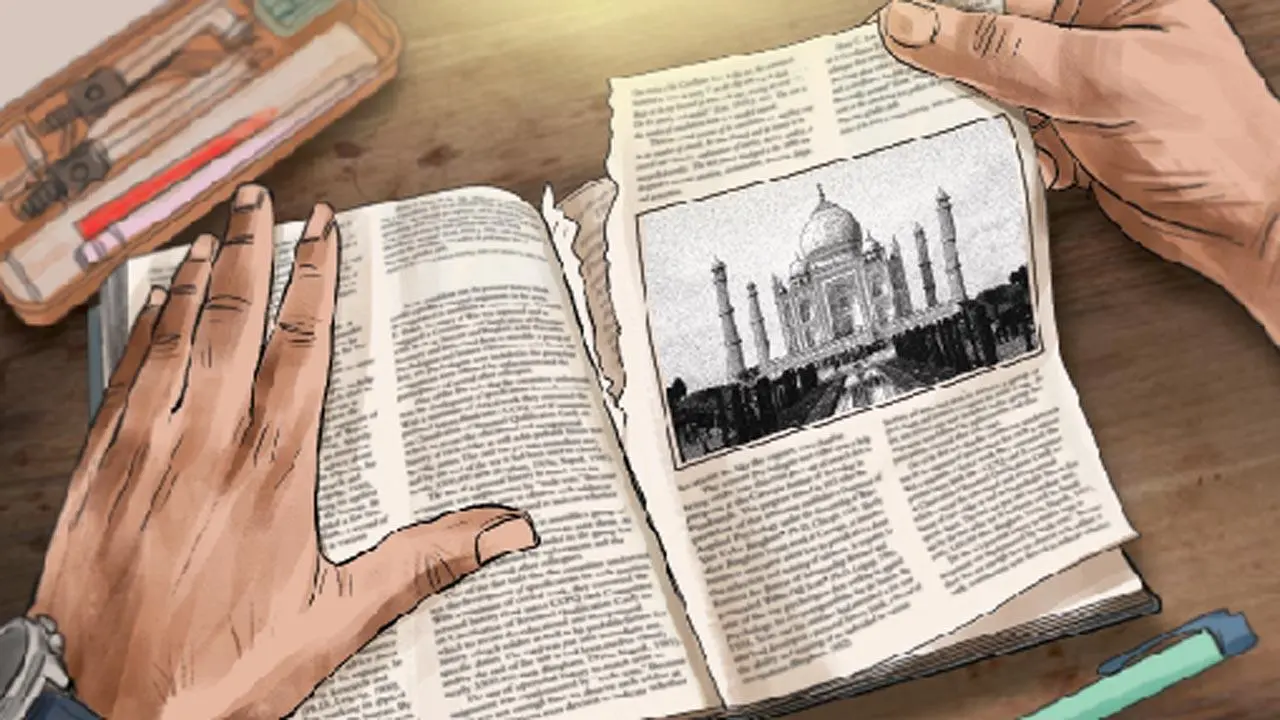New Delhi, India; March 11th 2025: In recent years, India’s educational landscape has witnessed significant changes, particularly concerning the portrayal of the Mughal era in school textbooks. The National Council of Educational Research and Training (NCERT), responsible for curriculum development, has revised history textbooks, leading to debates about historical representation and educational integrity.
In April 2023, NCERT announced the removal of certain chapters related to the Mughal Empire from history textbooks. This decision was part of a broader “rationalisation” effort aimed at reducing the curriculum load on students post-pandemic. However, critics argue that such omissions could lead to a skewed understanding of India’s rich and diverse history. The Mughal Empire, which ruled substantial parts of India from the early 16th to the mid-18th century, played a pivotal role in shaping the country’s cultural and architectural heritage.
Observers suggest that these textbook changes align with a broader political agenda to emphasize India’s ancient Hindu heritage while minimizing periods associated with Islamic rulers. This perspective aligns with the views of some right-wing groups who advocate for a reinterpretation of Indian history. Such revisions have sparked concerns among educators and historians about the potential marginalization of significant historical periods and the promotion of a monolithic cultural narrative.
The alterations in the curriculum extend beyond the Mughal era. Reports indicate that sections covering the 2002 Gujarat riots and passages related to the Rashtriya Swayamsevak Sangh (RSS) have also been removed. These changes have raised alarms about the selective representation of historical events, potentially depriving students of a comprehensive understanding of India’s complex socio-political fabric.
Historians and educators have voiced concerns over these developments. They argue that omitting significant historical periods, such as the Mughal era, undermines the objective teaching of history and risks fostering a biased worldview among students. Public debates and discussions have emerged, reflecting a society grappling with questions about identity, heritage, and the role of education in shaping future generations.


